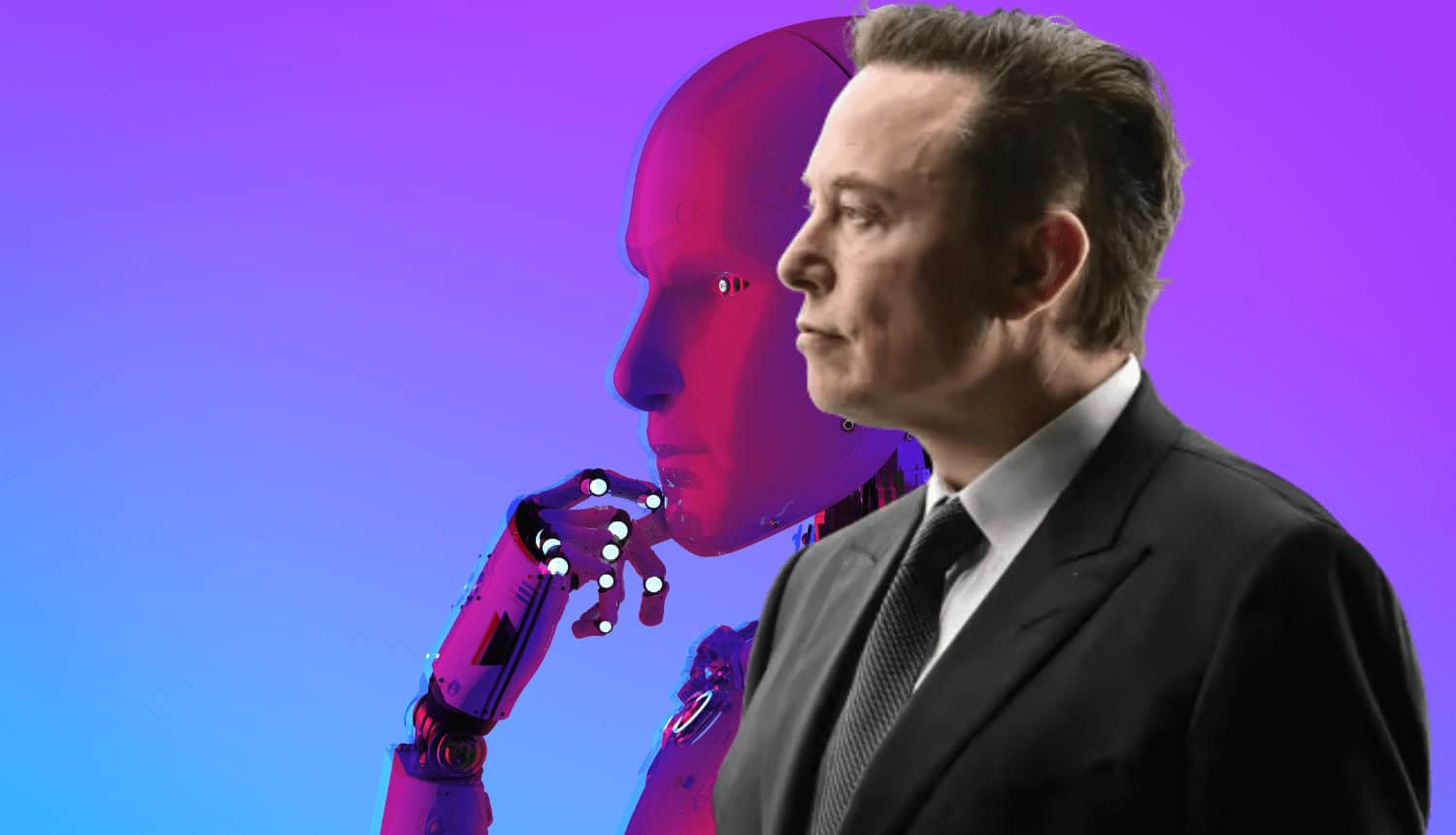If you thought AI and ChatGPT would only disrupt business, education, healthcare, etc., prepare for the battle over AI and politics. Tech billionaire Elon Musk, known for his ventures in electric cars, space exploration, and neural implants, has created a new company, X.AI, to counter what he sees as the politically correct tone of OpenAI’s ChatGPT. This is only the beginning of how AI will disrupt the political sphere in the coming years.
X.AI was incorporated in Nevada on March 9, with Musk listed as the sole director. Jared Birchall, CEO of Neuralink and a key figure in Musk’s other enterprises, is listed as secretary. X.AI has already begun recruiting top talent, with Google’s Deepmind AI senior research engineer Igor Babuschkin and colleague Manuel Kroiss joining the team. Typical of Musk, the name ‘X’ holds significant meaning, touching various aspects of his life and ventures. As The Decoder noted,
“X” is Musk’s vision of an “everything app,” a single piece of software that can be used for all purposes of daily life and work, from social media to payments to, apparently, artificial intelligence. Musk also recently changed Twitter’s corporate name to X Corp. and registered the company in Nevada. Its parent company is X Holdings Corp.
Musk has ambitious plans for X.AI, including using data from Twitter to train new large language models. News broke last week that he purchased around 10,000 Nvidia GPUs for his AI project. Funding for the company is already underway, with 100 million shares authorized for sale. There’s no shortage of irony here, as Musk was one of the cosigners of the open letter to pause AI development for six months. Perhaps it’s a case of the, if you can’t stop them, try to beat them, approach. Only time will tell.
X.AI, Musk, and the War on “Woke” AI
Paradoxically, Musk was a co-founder of OpenAI though he has become openly critical of its unusual funding model and for censoring responses that could be seen as inappropriate or harmful. He resigned from his board seat in 2018, citing conflict of interest concerns with developing Tesla’s AI-based self-driving features.
As a self-proclaimed advocate for free speech, Musk has warned about the dangers of training AI to be “woke” or untruthful. However, he’s been less than consistent in free-speech advocacy while managing Twitter, openly banning access to people who disagree with him. What sounds like a principled stand often turns into actions that seem to be based solely on agreement with his personal views.

With the launch of X.AI, Musk is planning to offer an AI platform far less restrained than ChatGPT. OpenAI has worked hard to ensure its platform doesn’t suffer the same fate as Microsoft’s Tay, a 2016 AI chatbot that immediately went off the rails and started tweeting inflammatory and offensive responses. So far, OpenAI has managed to maintain the guardrails, despite efforts like the DAN Jailbreak prompts. However, it’s been criticized for making ChatGPT so tame that it would be unable to write or contribute to a controversial work of fiction. And in truth, many of our most powerful works of literature and art violated the politically correct guidelines of their times.
AI and Politics
Whether or not Musk achieves his goals with X.AI remains to be seen. And we have utterly no idea what he means by a “Truth-seeking AI.” If some Musk fanboy actually has a definition, we’d love to hear it.
But it’s clear that the AI landscape we are living in now is temporary and that we will have competing AI platforms in the future, each offering different political perspectives. The concern is that our track record in handling free speech on the Internet and social media has been disheartening, at best. As Engadget said back in 2017.
The internet was supposed to become an overwhelming democratizing force against illiberal administrations. It didn’t. It was supposed to open repressed citizens’ eyes, expose them to new democratic ideals and help them rise up against their authoritarian governments in declaring their basic human rights. It hasn’t. It was supposed to be inherently resistant to centralized control. It isn’t.
In fact, in many countries, the internet, the very thing that was supposed to smash down the walls of authoritarianism like a sledgehammer of liberty, has been instead been co-opted by those very regimes in order to push their own agendas while crushing dissent and opposition.
Repressive governments are already using AI to monitor and reign in political discourse. And in the United States and other countries, social media algorithms have brought about an exponential increase in fake news to the point that news media organizations are losing their last vestiges of authority. Our political systems and body politic are completely unprepared for the arrival of authorless content that will be generated through AI platforms. Will X.AI actually foster free speech or simply accentuate false ideas to the point that we lose all faith in public discourse?
We have no answers here. While we’ve admired some of Elon Musk’s innovations in the past, we have little confidence that he can do anything to resolve the complex issues of free speech in an era of ubiquitous AI. We’ve heard that one of the best Happy Hours at OpenAI came at the end of the day when Musk bailed out. If only he’d do the same with AI and just leave the free speech issues to people who actually want to solve them.
Emory Craig is a writer, speaker, and consultant specializing in virtual reality (VR) and artificial intelligence (AI) with a rich background in art, new media, and higher education. A sought-after speaker at international conferences, he shares his unique insights on innovation and collaborates with universities, nonprofits, businesses, and international organizations to develop transformative initiatives in XR, AI, and digital ethics. Passionate about harnessing the potential of cutting-edge technologies, he explores the ethical ramifications of blending the real with the virtual, sparking meaningful conversations about the future of human experience in an increasingly interconnected world.

